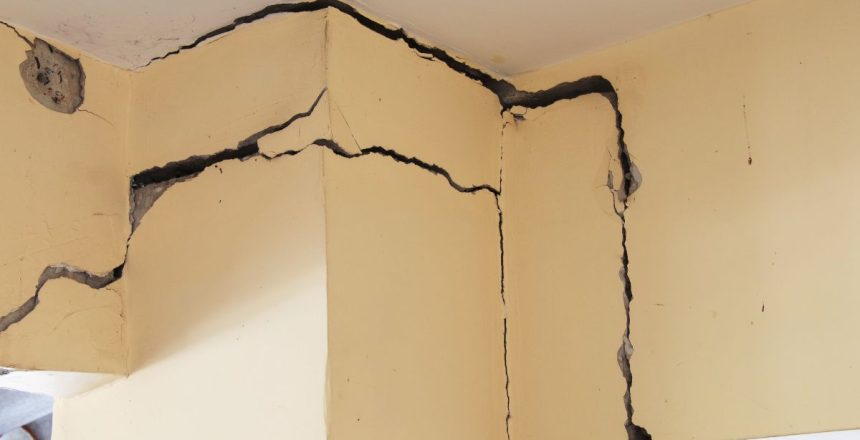The severity of cracking in concrete varies. It can be caused by loads or the way the volume of the concrete changes as it dries, expands, and contracts with heat. Concrete cracks resulting from poor design or construction raise concerns about the structure’s load-carrying capability and safety.
Concrete crack injection refers to resin injections created and designed to repair cracks and restore their strength in various structures. Concrete crack solutions are available in three thickness levels – high, medium, and low – to help with the various degrees of cracks that form in construction.
How to Use Concrete Crack Injection
Special equipment and expertise are needed to inject a concrete crack. When injecting concrete cracks, the following are the steps to follow:
Identifying the Job
To determine whether concrete crack injection is required, the crack in the concrete should be examined. The right polymer for injection into a concrete crack depends on the crack, as each polymer has different properties and is used in various situations.
Cleaning the Surface of the Concrete
Along with the fissure, the concrete’s surface must be thoroughly cleaned to remove impurities and loose granular material. The cavity is blown off with clean, dry air to allow the resin to enter into and along the cracks without obstructions.
Injecting the Resin
The resin is injected into the crack through drilled holes or intake ports adhered to the surface of the concrete above the crack. The injection is carried out by applying pressure with the help of a pump.
Why Concrete Crack Injection Is Important
Concrete crack treatments are essential to stop water leaks, restore structural strength, and improve concrete or masonry infrastructure. Since they are made of epoxy resins, these injections have a higher and stronger repair strength than concrete. Most of the time, these injections are less expensive and less complicated than other methods of repairing structural flaws.
The resin injection provides a waterproof coating to the structure and protects it from chemicals, insects, moisture, and dirt. The solution also prevents the concrete from shifting because of natural expansion, allowing the concrete to increase structural stiffness and durability.
When Should You Use It?
They require treatment only when cracks endanger the reinforcement’s longevity or cause unacceptable leaks. Heavy concrete slabs would not be a good option for this concrete crack repair technique because they will not work efficiently. These concrete structures shift around a lot, so the crack solution will gradually break down and eventually crack again.
Concrete crack injection provides excellent structural support when dealing with a foundation crack. You need to drill holes in the areas where the solution will be injected. However, the problem is that these injections could travel far beneath the surface, posing an earthquake risk. As a result, an expert is required to complete this critical task carefully.
One of the major reasons for concrete crack repair is determining crack widths and the likelihood of future cracking. If you live in West Michigan, you are in luck because you can hire the reputable services of DC Byers in Grand Rapids to complete the crack injection project.
So, before you attempt this difficult task and ultimately pay much more than expected because you made a mess of things, call DC Byers. They will advise and offer the best solutions and prices for their services.
However, the injection should not be used to treat corrosion cracks. Call DC Byers in Grand Rapids at 616-538-7300 if you have questions about the concrete crack injection.
